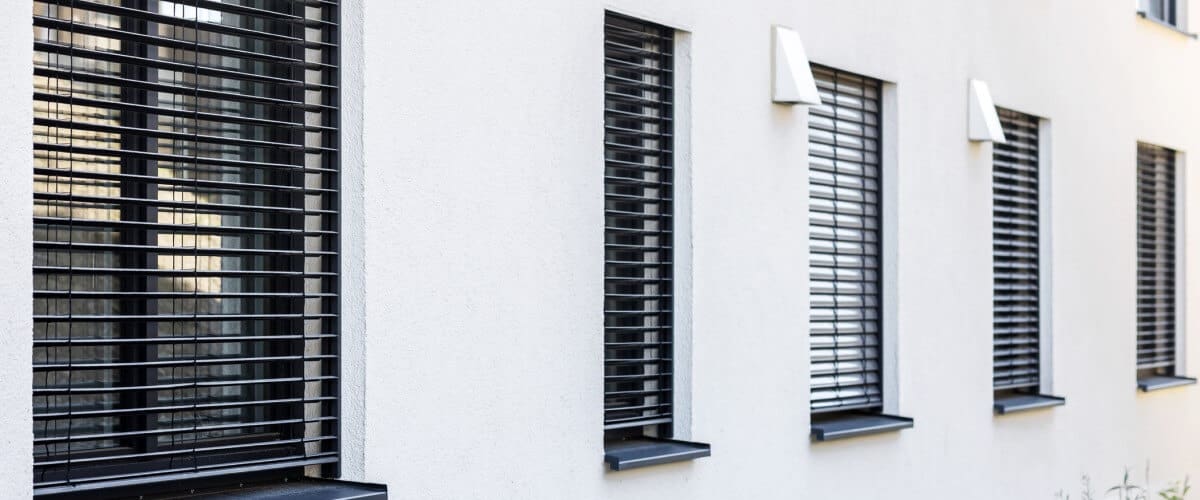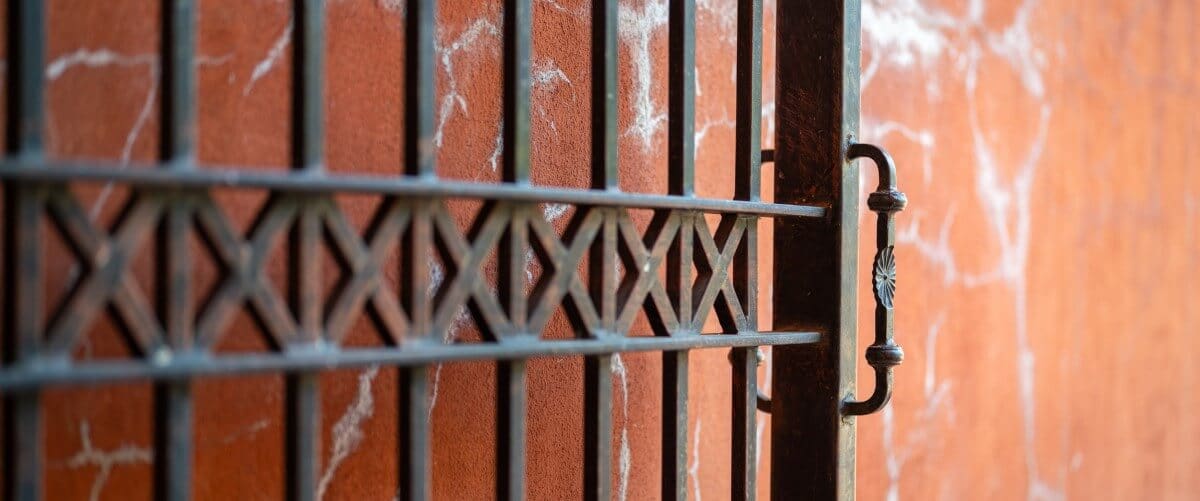
10 Things You Need to Know About Car Key Replacement
Losing a car key or dealing with a broken one can be a frustrating experience...
Securing a commercial premises against burglary is a lot more complex than for a home. There are many more factors to take into account when determining what’s appropriate.
Hopefully it goes without saying that identifying weak points in the existing security measures is the first task. Do you have low quality locks? Are there blind spots in the CCTV coverage? Are all potential entry points covered by the alarm system? Are the doors and windows in good repair? This should be common sense, and apply equally to domestic.
Another major factor for businesses, though, is the locality and environment where the business is located. It could be argued that this also applies domestically, and that’s correct up to a point. But it’s also true to say that the majority of homes are in areas where there a lots of other properties which overlook yours, and there is a lot of potential for passers-by to see any would-be burglars.
This is less true for commercial premises. Many are on the outskirts of town, on industrial estates which are cul-de-sacs, their own little bubble of activity during the day, but with nothing and no-one around at night. That makes it less likely a burglary will be detected and therefore increases the risk to the company.
Things get a little more subjective with a business property, though, when it comes to setting a budget for security expenditure.
The major factor here is to consider the consequences to the company if everything within their building is stolen – and I mean everything, stock, raw materials, machinery, computer systems, the lot – its value and the ease with which such goods can be disposed of.
Here’s an example. A big nationwide grocery wholesaler. Large premises with many thousands of pounds of stock inside, in a quiet industrial estate on the edge of town, backing onto a railway line. Easy to dispose of the stock, not a massive chance of being detected. A complete loss from this premises would obvoiusly be significant, but the company has numerous other warehouses around the country, so they can restock reasonably quickly. There is no danger, though, that the company would have to cease trading, it’s big enough to withstand the loss.
Contrast this with the small engineering works in the unit next door. The specialist machinery would be difficult to sell on, there’s only a limited market for such equipment. They hold minimal raw materials, buying what they need, when they need it, and once orders are complete, they’re shipped straight away. And yet, if they were to suffer a total loss, the consequences would almost certainly be catastrophic.
So who needs to spend more on security? There’s no straightforward answer.
If it’s your responsibility to ensure that your premises are secure, here’s our checklist of considerations:-
1) How strong are the existing security measures? How easy would it be for someone to break in tonight?
2) How likely is a burglary to be seen by a passer-by?
3) How likely are we to be a target? How easy it would it be for a burglar to sell anything that they take?
4) How serious are the consequences if we lost everything in a burglary tonight?
Evaluate this objectively, and you can then decide your budget priorities for your security.

Losing a car key or dealing with a broken one can be a frustrating experience...

It’s no secret that home security is more crucial than ever, taking proactive steps to...

Keeping our homes safe is more important than ever in today’s unpredictable world. Installing door...
Lorem ipsum dolor sit amet, consectetur adipiscing elit.
For further information about Amberley Security, please do not hesitate to get in touch. We are always happy to help.